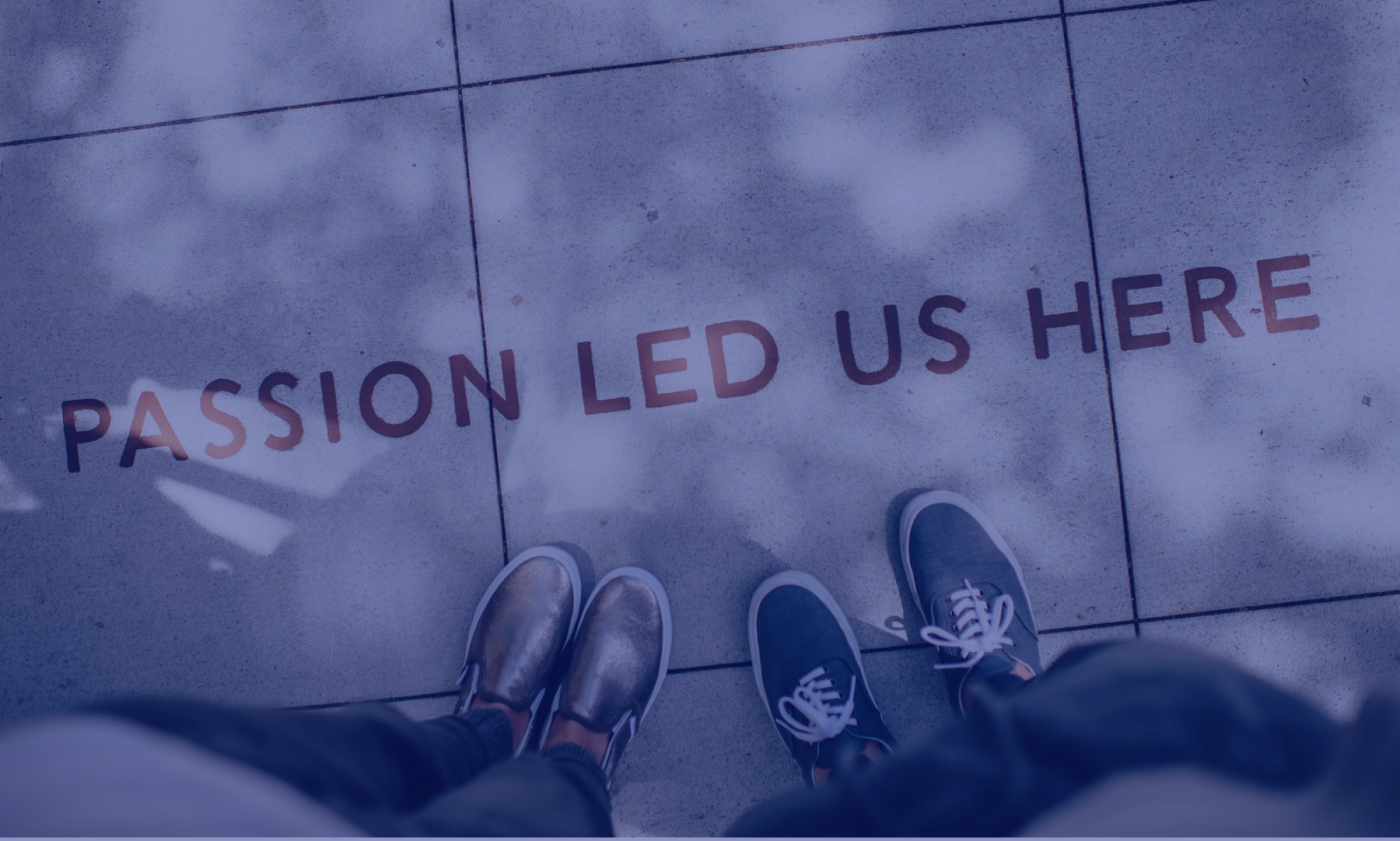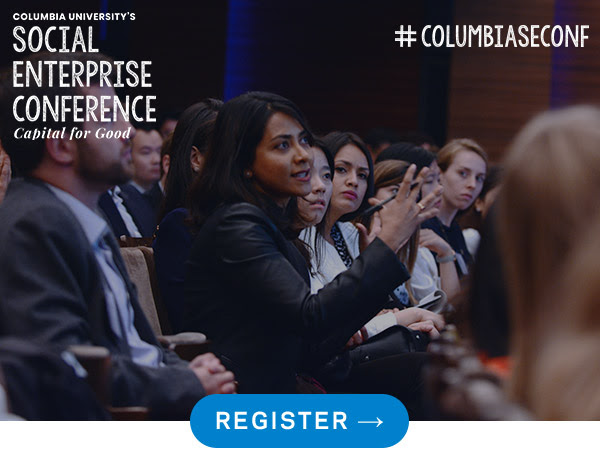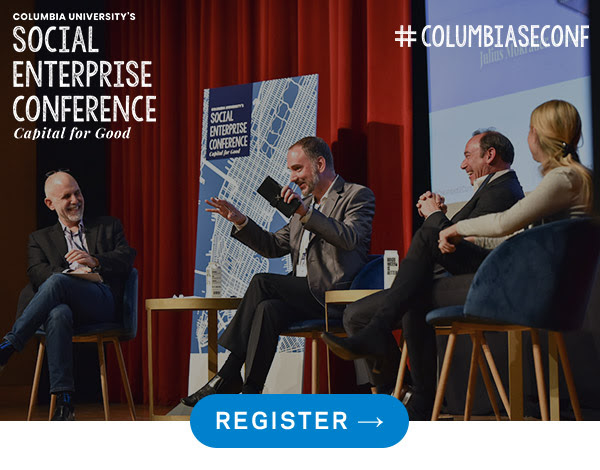The 19th annual Social Enterprise Conference, Capital for Good is going virtual! The Digital Event Series, hosted throughout the academic year, will cover a range of topics in the social impact capital space.
Unlike past years when the event was in person, this year’s conference is entirely free of charge!
The conference will bring together industry leaders, investors, philanthropists, professionals, faculty, students, and alumni to share best practices and engender new ideas surrounding the intersection of capital and society. Speaker presentations will catalyze conversations of change and embolden a generation to take risks in order to create a world in which everyone, regardless of where they were born, has the equal opportunity to succeed in creating a better life for themselves, their families, and their communities.
KEYNOTE KICKOFF
FRIDAY, OCTOBER 9, 2020
10:00 AM – 1:45 PM
Digital Event Series
Don’t miss out on an upcoming event! Sign up for their newsletter to receive updates on their latest event programming.
SAVE THE DATES
October 30, 2020
November 13, 2020
December 4, 2020
January 22, 2021
February 5, 2021
February 19, 2021
March 12, 2021
March 26, 2021
UPCOMING PROGRAMMING TOPICS
Capital for Justice: Using Impact Investing for Racial Equity | The .06%: Founding and Fundraising as Women of Color | Solving Renewable Energy Intermittency: Can the United States Rely on 100% Renewables? | Sustainable Fashion | News + Money | Sustainable Real Estate Development | Impact Investing | ESG Investing | Scaling Social Impact for Social Ventures | Sustainable Farming | Microfinance | Education Reform | and more!
















